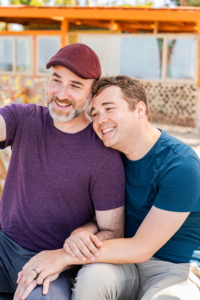#WorldRefugeeDay – An Interview with Iman Bakour-Aziz, Syrian Project Outreach Coordinator for Jewish Family Service of San Diego
In honor of #WorldRefugeeDay this week, we’re happy to share a few stories from some of the changemakers working tirelessly to make a difference. In this post, we feature Iman Bakour-Aziz, Syrian Project Outreach Coordinator for Jewish Family Service of San Diego, who is part of our North County Hub community.
Iman Bakour-Aziz
Syrian Project Outreach Coordinator, Jewish Family Service of San Diego
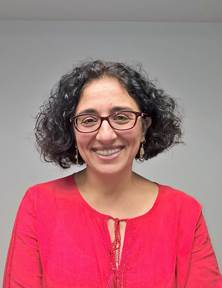 What is Jewish Family Service and what role does it have with refugee work?
What is Jewish Family Service and what role does it have with refugee work?
Since its inception in 1918, Jewish Family Service of San Diego has offered resettlement services to newly arriving refugees and asylees from around the world. Today, our Refugee Resettlement department serves approximately 45 people each month. We help them adjust to their new lives here in the U.S. We help them learn English. We assist them to navigate the medical system, banks, and public transportation. We provide: a fully furnished apartment, airport pick up, acculturation services, translation/ESL services, employment services, advocacy, and more. When we pick them up from the airport, they have only their memories, their fears, and a bag of belongings. They are ready to start from scratch, in a foreign country, with new customs and traditions, and a new language.
What have you learned since beginning working on this project?
The goal of the US Refugee Program is achieving self-sufficiency through early employment and the resettlement agencies are tasked in assisting new refugees achieve this goal.
I have learned that the US Refugee Program is a very complex process involving many federal government entities and local service providers. The goal of the US Refugee Program is achieving self-sufficiency through early employment and the resettlement agencies are tasked in assisting new refugees achieve this goal.
The great impact the initial resettlement services have on the future path of the successful refugee’s integration in their new community. Getting the local community involved is the best thing we can do to help the new comers.
I have also been surprised by the lack of information in the San Diego community about refugees, the process, and their contribution to our community. Therefore, raising awareness and educating the community about the refugee resettlement process is one of the most important aspects of our work.
Lastly, I’ve learned how rewarding this work can be, when you see refugees thrive and work toward rebuilding their life.
What is one piece of information you wish everyone understood about refugee resettlement?
The community support is key to a successful refugee!
How can someone get involved with Jewish Family Service’s refugee work?
JFS offers a variety of volunteer opportunities for community members that wish to get involved. You can apply on-line or contact the Refugee Resettlement Volunteer coordinator at jessicam@jfssd.org.
JFS also collects in-kind donation of furniture, household items, school supplies etc.
Contact Refugee Resettlement Program Assistant (858) 637-3030

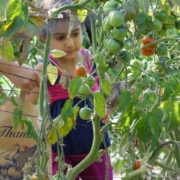
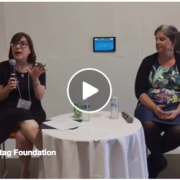
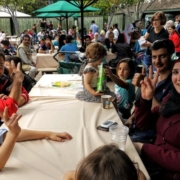
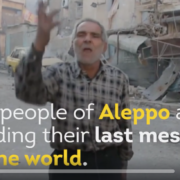
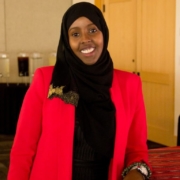
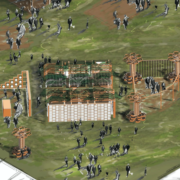

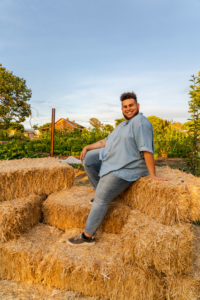 Black, Jewish and Queer. These three identities weave the fabric of who I am, but it took a long time to believe that they could exist together.
Black, Jewish and Queer. These three identities weave the fabric of who I am, but it took a long time to believe that they could exist together.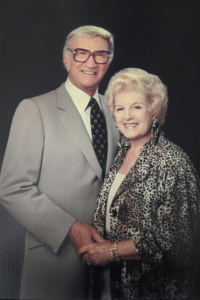 Lee and Toni Leichtag established the Leichtag Foundation in 1991 following the sale of their business. Lee and Toni were lifelong entrepreneurs with a passion for innovation and for supporting talent. They believed that only with big risk comes big reward. Both born to families in poverty, Toni to a single mother, they strongly believed in helping those most in need and most vulnerable in our community. While they supported many causes, their strongest support was for young children and the elderly, two demographics who particularly lack voice in our society.
Lee and Toni Leichtag established the Leichtag Foundation in 1991 following the sale of their business. Lee and Toni were lifelong entrepreneurs with a passion for innovation and for supporting talent. They believed that only with big risk comes big reward. Both born to families in poverty, Toni to a single mother, they strongly believed in helping those most in need and most vulnerable in our community. While they supported many causes, their strongest support was for young children and the elderly, two demographics who particularly lack voice in our society.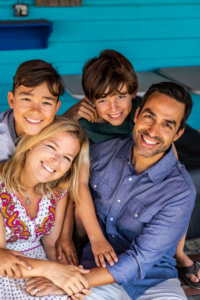 Lifelong Baltimoreans, Rabbi George and Alison Wielechowski and their sons, 11-year-old Lennon and 9-year-old Gideon, are more than pursuing the good life in Southern California. Having moved to San Diego more than three years ago, they are fulfilling a lifelong dream.
Lifelong Baltimoreans, Rabbi George and Alison Wielechowski and their sons, 11-year-old Lennon and 9-year-old Gideon, are more than pursuing the good life in Southern California. Having moved to San Diego more than three years ago, they are fulfilling a lifelong dream.
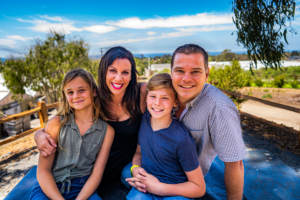
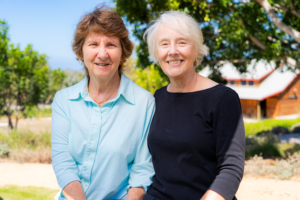

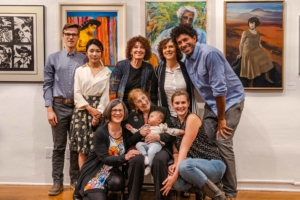
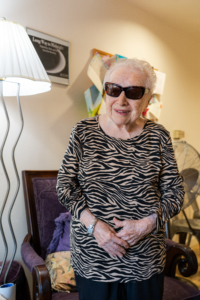
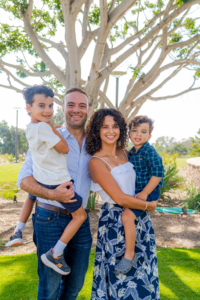
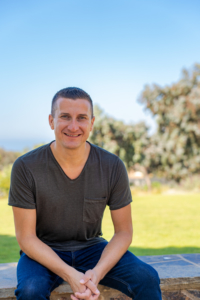 You would think that as the executive director of San Diego LGBT Pride, Fernando Zweifach López Jr., who uses the pronoun they, has done all the coming out they possibly can. A queer, non-binary individual who has worked for many years on civil rights issues, López also speaks openly and often about their father’s family, Mexican-American migrant workers who tilled the fields of rural California.
You would think that as the executive director of San Diego LGBT Pride, Fernando Zweifach López Jr., who uses the pronoun they, has done all the coming out they possibly can. A queer, non-binary individual who has worked for many years on civil rights issues, López also speaks openly and often about their father’s family, Mexican-American migrant workers who tilled the fields of rural California.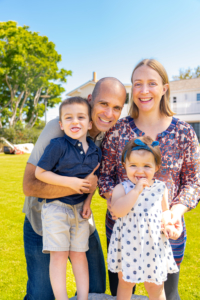 Stacie and Jeff Cook understand commitment. They live it.
Stacie and Jeff Cook understand commitment. They live it.